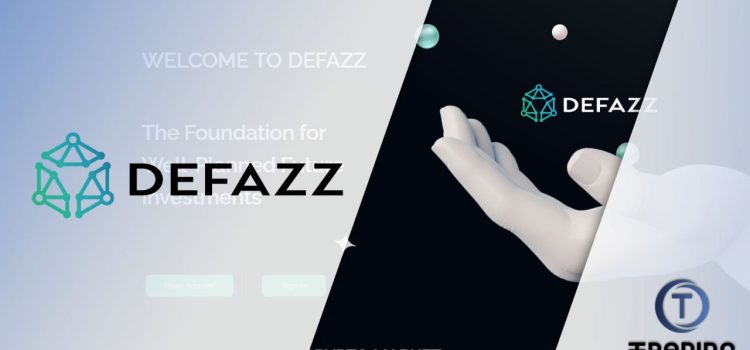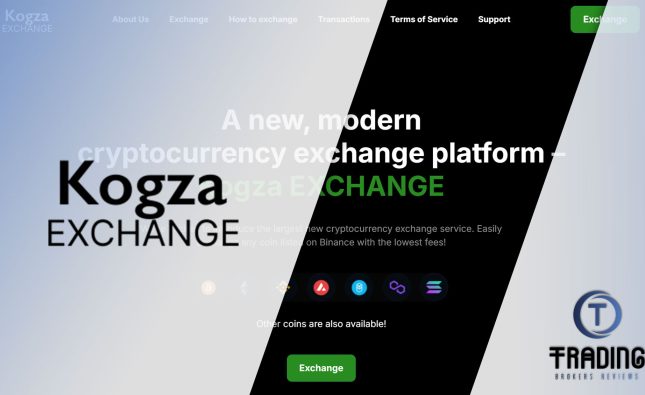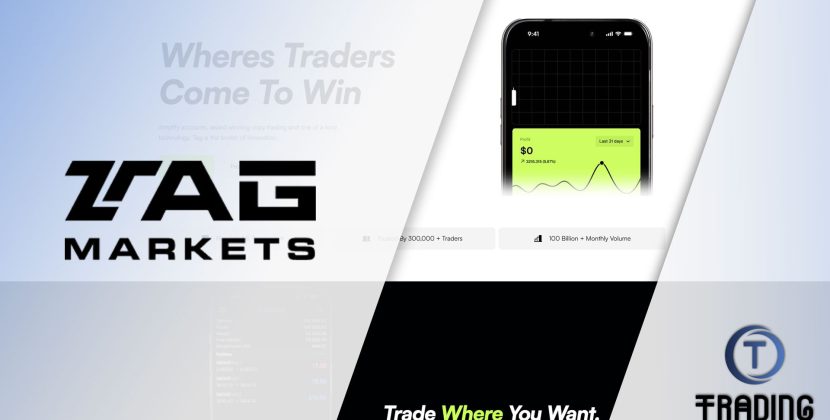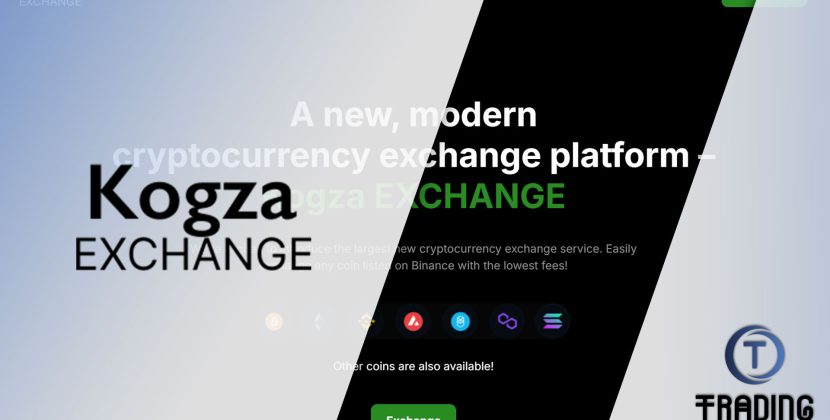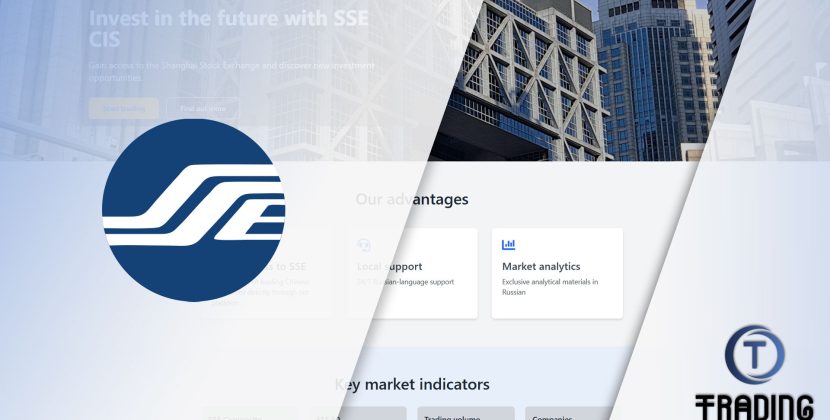Defazz Broker Review 2025
Defazz (operating via domains defaazz.com and deefazz.com) positions itself as a global brokerage platform, claiming to provide access to forex, stocks, CFDs, and cryptocurrencies. The company advertises low entry barriers (minimum deposit from $250), high leverage up to 1:100, and additional perks such as bonuses, “fund insurance,” and personal account managers. On its website, Defazz presents itself as a reliable and innovative broker with an office in London and alleged licences from leading regulators.

A closer examination shows that these statements do not withstand scrutiny. The domain was only registered in June 2025, the UK address is no more than a virtual office, and the licences mentioned on the site are fabricated. Behind the promises of secure trading lies an unregulated and anonymous entity. Numerous client reports confirm the fraudulent nature of the project: blocked withdrawals, invented fees of up to 40%, account freezes, and threats when victims attempted to take legal action.
This review gathers all available facts about Defazz — from its false regulatory claims to user experiences — and demonstrates why the broker should be considered a high-risk scam operation.
Company Profile & Web Footprint
Brand & domains. The operation trades as Defazz and runs via defaazz.com with reported mirrors such as deefazz.com and a cabinet at web.defaazz.com. Multiple domains/subdomains are typical of short-lived schemes that rotate URLs to evade blocks and reputation drag.
“Founded in 2020” claim vs. reality. Marketing copy suggests a 2020 start. Independent checks contradict this: defaazz.com was registered only in June 2025, with no verifiable Defazz activity before that. The “long track record” narrative appears fabricated to manufacture credibility.
Address. The website cites 175 Piccadilly, St James’s, London W1J 9TB—a prestigious serviced-office location. There is no evidence Defazz operates there as a regulated UK firm or maintains a real office presence. Using a glossy address without corporate traceability is a known credibility prop.

Ownership & management. No legal entity name, incorporation number, directors, or beneficial owners are disclosed. WHOIS is privacy-masked. Hosting traces point to offshore infrastructure (Seychelles/Hong Kong mentioned in investigations). This depth of anonymity is incompatible with legitimate brokerage activity.
Contacts. Support is limited to [email protected]; no phone number, no verified social media, and no transparent escalation channels. A legitimate cross-border broker normally maintains staffed phone lines, live chat, and corporate social profiles.
Regulatory Status & Legal Standing
- No valid licence. Checks find no authorisation for Defazz with reputable regulators. The project references a CySEC “No. 3574D” and an FCA-style number “87345”, neither of which reconciles to a genuine licence. (CySEC’s numbering conventions don’t match that “D” suffix format, and a real FCA authorisation would be publicly searchable.)
- Not in the Bank of Russia register. Defazz is absent from the official list of forex dealers allowed to service Russian clients—meaning activity targeting that market is illegal there.
- Presumed offshore registration. Investigators point to St. Vincent and the Grenadines—a jurisdiction notorious for ease of company formation and lack of investment-services supervision.
- Website legal docs. Terms/Policies are generic and omit crucial facts (licence details, legal entity name). Clauses include one-sided powers (e.g., discretionary account blocks) and class-action waivers—language that removes client recourse rather than protecting it.
Implication: Client money sits outside any investor-protection regime. Disputes have no regulator-backed pathway.
The Pitch vs. The Product
What Defazz advertises
- Multi-asset CFDs/FX/crypto, leverage up to 1:100
- Low entry ($250 minimum), bonuses, “insured funds”, and personal managers
- “Modern, innovative” platform promising simple access and high potential returns

What users actually report
- Opacity & contradictions: Figures and conditions differ across pages; specifics on spreads, commissions, swaps are absent or non-committal.
- Withdrawal traps: Clients asked to pay 15–40% “taxes/fees” upfront to “unlock” withdrawals. After paying, new obstacles appear; payouts don’t materialise.
- Platform manipulation:
- Quotes don’t match independent feeds
- Stops ignored, executions delayed up to 24–72 hours
- Balances zeroed right after withdrawal requests, explained away as “technical issues” or sudden “losses”
- Quotes don’t match independent feeds
- Account freezes: After top-ups slow or a withdrawal is requested, accounts are suspended under vague “violations” or endless KYC loops.
Conclusion: The “offer” is a façade. The real product is a deposit-collection funnel with technical and contractual levers to prevent outflows.
Client Testimonies (Representative Patterns)
- Case A (Moscow): Deposited RUB 2.2M. On requesting a payout, was told to pre-pay RUB 800K as a mandatory fee. On refusal, the account was blocked without funds returned.
- Case B (Yaroslavl): Invested RUB 145K after email outreach. “Profits” displayed, but any withdrawal attempt triggered new “taxes/fees” demands; account then frozen.
- Case C (Krasnodar): Active trading showed sizeable profits. At withdrawal, balance reset to zero; support cited a “technical failure,” refused compensation.
- Case D (Yekaterinburg): After filing a court claim, received threatening emails from a so-called “legal department” demanding to withdraw the lawsuit.
Across dozens of similar accounts, the arc is identical: early gains + pressure to top-up → blocked withdrawals → escalating pre-payment demands → silence or threats.

Network Links & Clone Behaviour
- Mirrors & subdomains. Beyond defaazz.com, the project was observed at deefazz.com and web.defaazz.com. Domain churn is standard in serial scams.
- Shared operators. Independent investigations group Defazz with SmartTradingCenter and Auros-ai, citing identical funnels, recycled narratives (AI trading, insured funds, dedicated analysts), and even overlapping crypto wallets receiving deposits.
- Blacklist presence. Defazz appears across scam trackers and anti-fraud watchlists. The pattern suggests a multi-brand factory that spins up sites for a few months, harvests deposits, then shutters and re-skins.
Red-Flag Checklist
- Unlicensed in any reputable jurisdiction
- Fake licence numbers and unverifiable claims
- Anonymous ownership; privacy-masked WHOIS; no legal entity disclosed
- Serviced-office UK address with no verifiable FCA status
- Aggressive marketing (cold outreach/spam), unrealistic returns (hundreds of % p.a.)
- Opaque terms, bonus traps, one-sided rules enabling arbitrary blocks
- Withdrawal “unlock fees” (15–40%) and moving goalposts
- Platform irregularities: mismatched quotes, ignored stops, delayed fills, balance wipes
- Account freezes and intimidation when victims push back
If a broker ticks even a couple of these boxes, caution is warranted. Defazz ticks all of them.
Conclusion on Defazz
Defazz presents itself as a modern, innovative, and trustworthy broker, but in reality, it demonstrates all the hallmarks of a fraudulent operation. The company does not hold any valid regulatory licence, despite loudly advertising affiliations with CySEC and the FCA. These claims are false—no such licences exist under the numbers Defazz cites. The use of a prestigious London address is also misleading, as there is no evidence the broker operates there or is incorporated in the UK.
The ownership structure is completely hidden: no company name, no directors, no beneficial owners. Domains are freshly registered (2025) and masked under private WHOIS. This anonymity is paired with offshore hosting in jurisdictions known for being used by scam operations.
Trading conditions look attractive at first glance—low minimum deposit, high leverage, bonuses, and dedicated managers. But in practice, the platform is opaque and manipulative. Victims consistently report withdrawal blackmail, where “unlock fees” or “taxes” of 15–40% must be prepaid before funds are released (and still never are). Others describe fake profits wiped out, execution delays, ignored stop-losses, and complete account freezes.
Dozens of complaints reveal the same pattern: friendly onboarding, initial “profits” to build trust, escalating pressure to deposit more, and eventual refusal to release funds. Some clients even reported threats after filing legal claims.
Finally, Defazz is not a standalone entity. It is linked to other scam platforms (SmartTradingCenter, Auros-ai) via shared infrastructure and tactics, suggesting it is part of a broader serial fraud network.
Verdict: Defazz is not a broker but a carefully staged scam. The risk of losing all deposited funds is essentially 100%. Investors have no protection, no regulator to appeal to, and no legal safeguards.
Recommendation: Do not engage with Defazz under any circumstances. If you have already deposited funds, cease further payments, gather documentation, attempt chargeback procedures, and file reports with your local regulator or police. Raising awareness is crucial to prevent others from falling into the same trap.


